Description
Many advantages of blockchain include decentralisation, persistence, anonymity, and auditability. Blockchain applications span a broad range of industries, including cryptocurrencies, financial services, risk management, internet of things (IoT), and public and social services. There isn’t a thorough analysis of the blockchain technology from both a technological and application standpoint, despite the fact that many research concentrate on implementing the technology in various application aspects. A blockchain is a decentralised, distributed “ledger” of transactions that uses cryptographic methods to keep the transactions in a permanent and essentially unchangeable manner. Blockchain technology offers immediate, all-encompassing transparency as a result. It also makes it possible to readily trace items and transactions because transactions uploaded to the blockchain are time-stamped and cannot be simply altered. The potential benefits of the blockchain go beyond simply the economic sphere; they also cover the political, humanitarian, social, and scientific spheres. Several groups have already begun to use the blockchain’s technological capabilities to solve pressing issues in the real world. To allay the worries of company managers, blockchain solutions must be assessed in terms of their scalability and cost-effectiveness. This is a significant hurdle, as it is unclear what would happen to the current operating system and how long it would take to establish a new system based on blockchain technology.
The beginning of a new revolution might be upon us. By acting as the technical foundation for payments, decentralised exchange, token earning and spending, digital asset invocation and transfer, and smart contract issuance and execution, blockchain technology has the potential to become the seamless integrated economic layer the Web has never had. After the mainframe, PC, Internet, social networking, and mobile phones as the primary disruptive technologies, blockchain technology as a form of decentralisation has the potential to fundamentally alter all aspects of human activity. This is similar to how the Web did. When we described blockchain, the underlying technology of cryptocurrencies, as the Internet of value in our book Blockchain Revolution, we were off to a strong start. We stated that the Internet of information has been available for about forty years. Although it greatly increased data movement inside and among businesses and individuals, it hasn’t fundamentally changed how we conduct business.
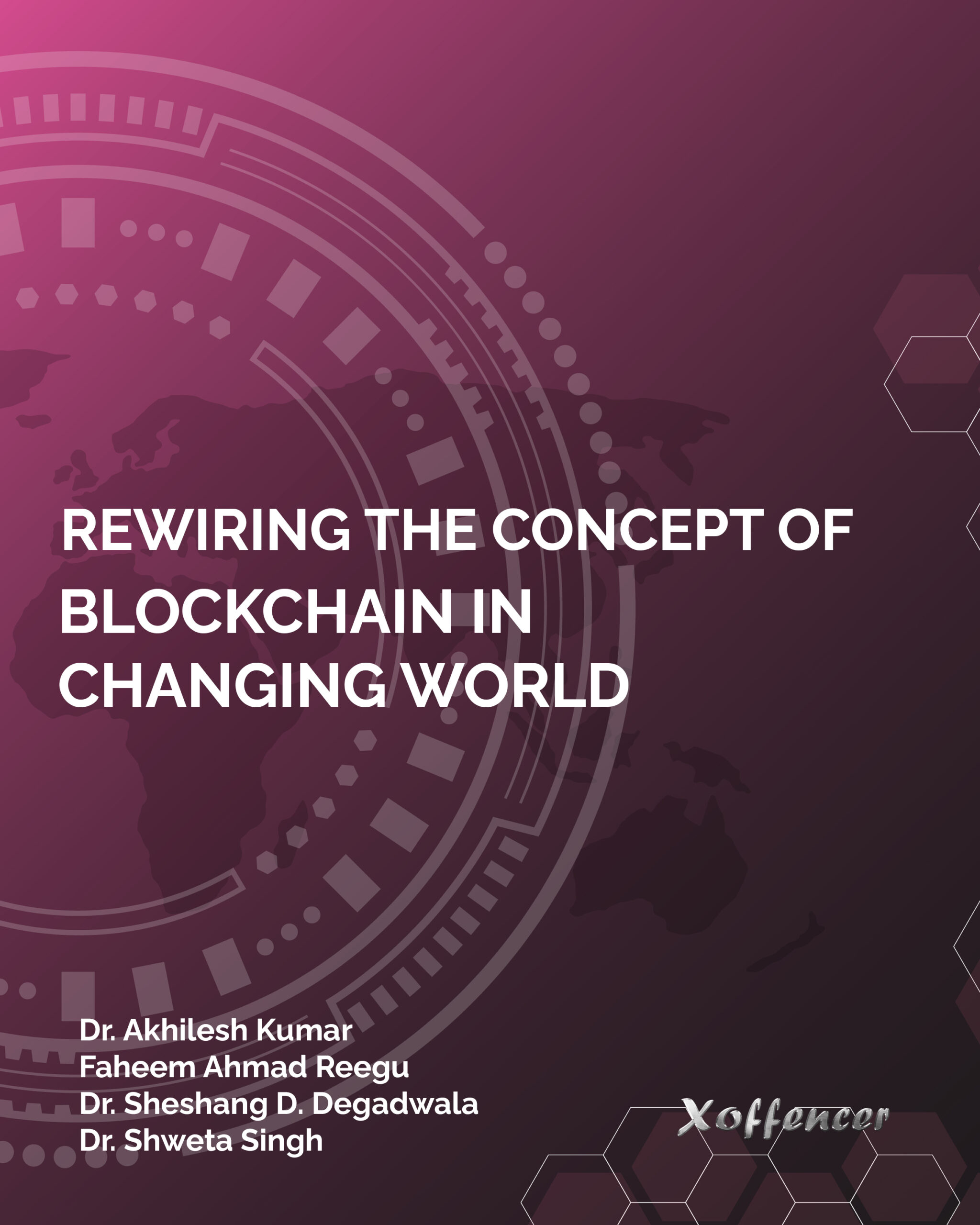

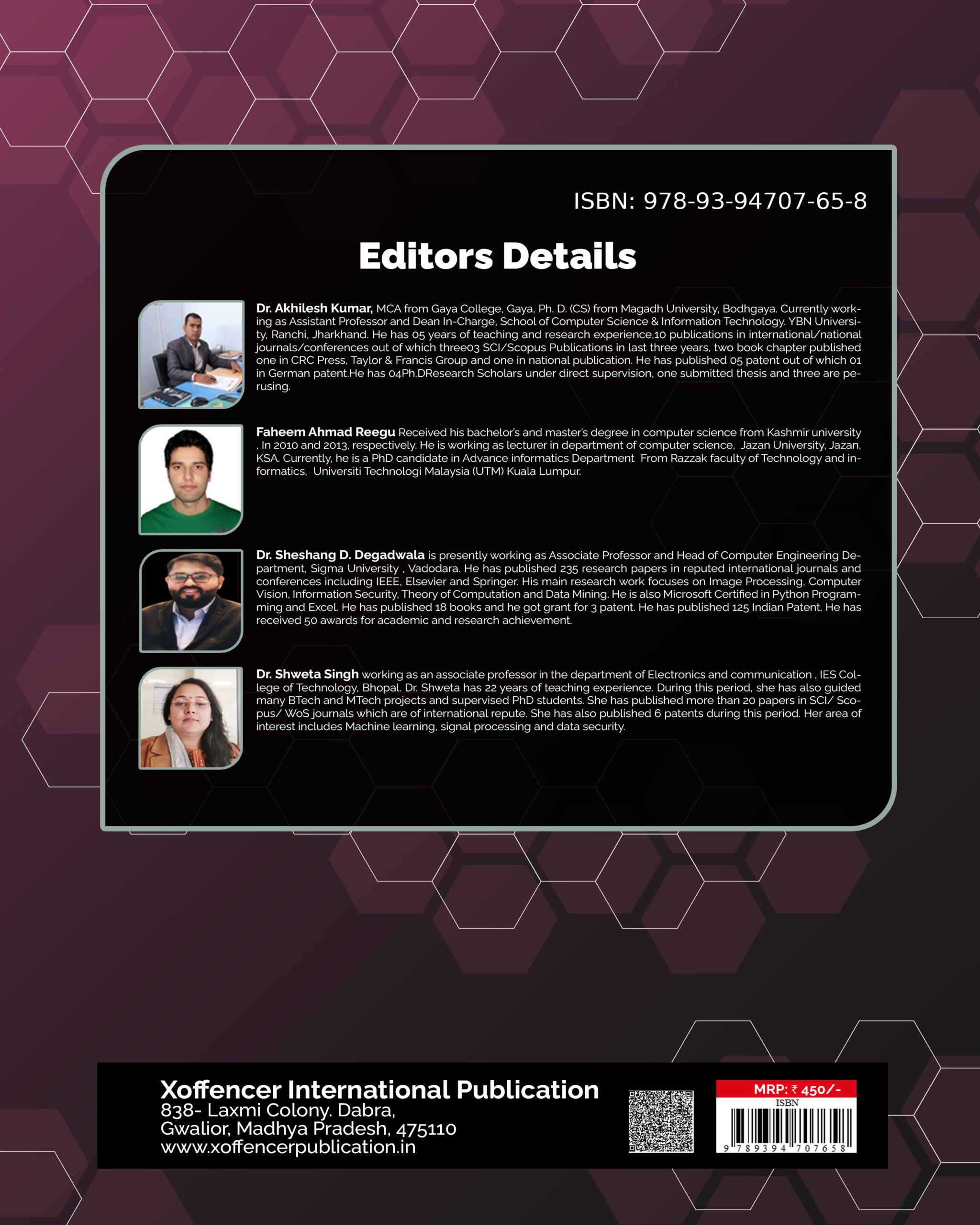
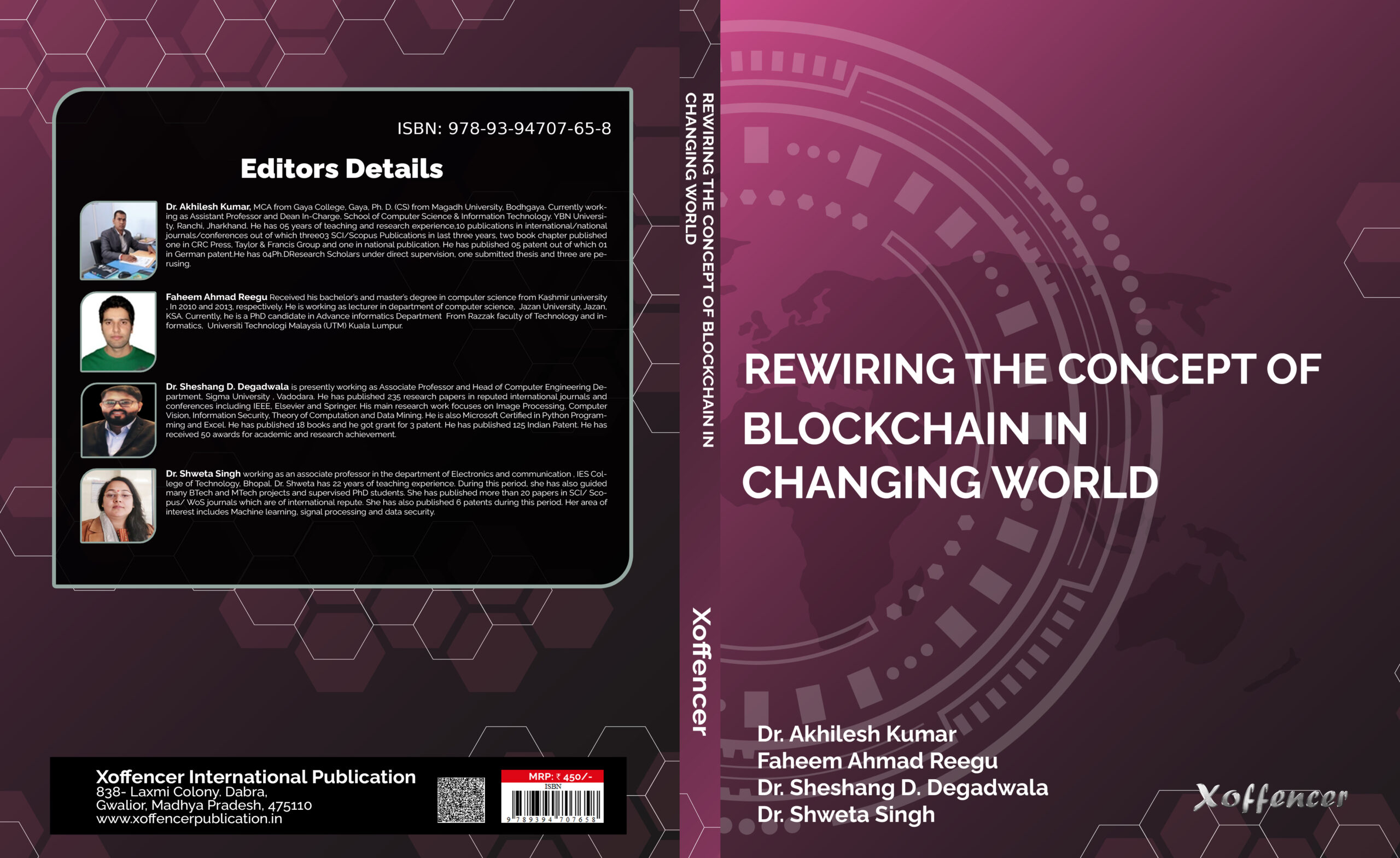





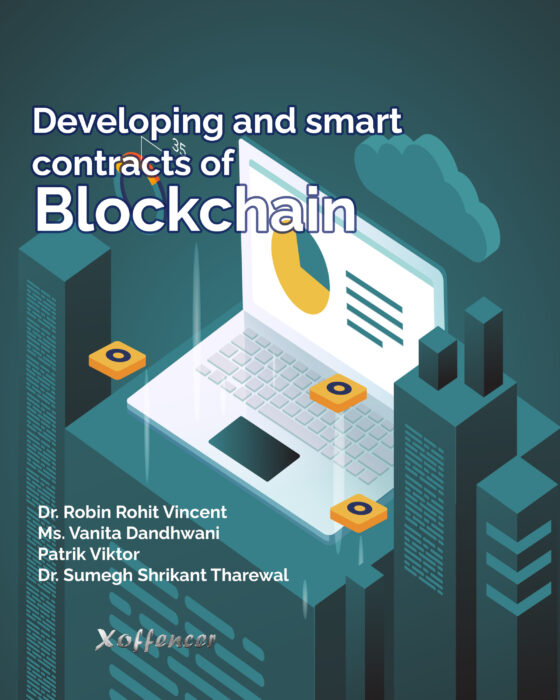


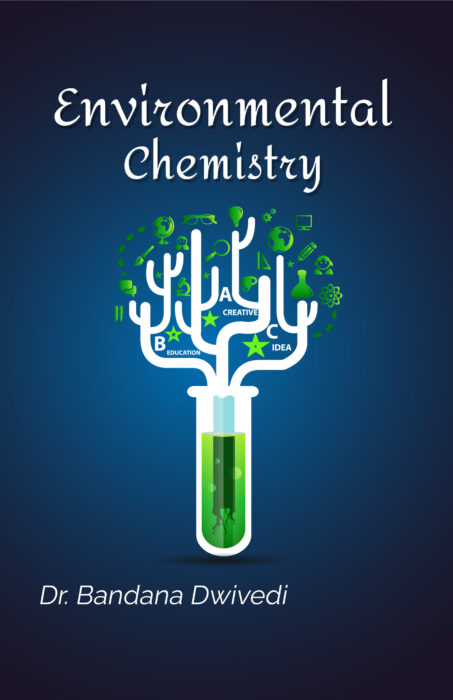
Reviews
There are no reviews yet.